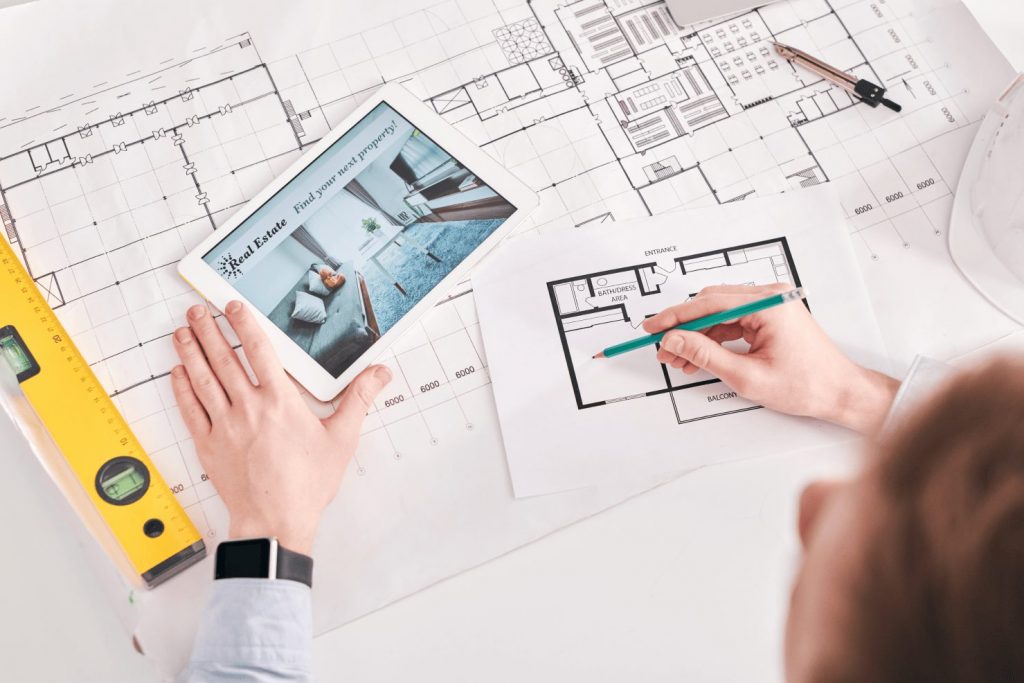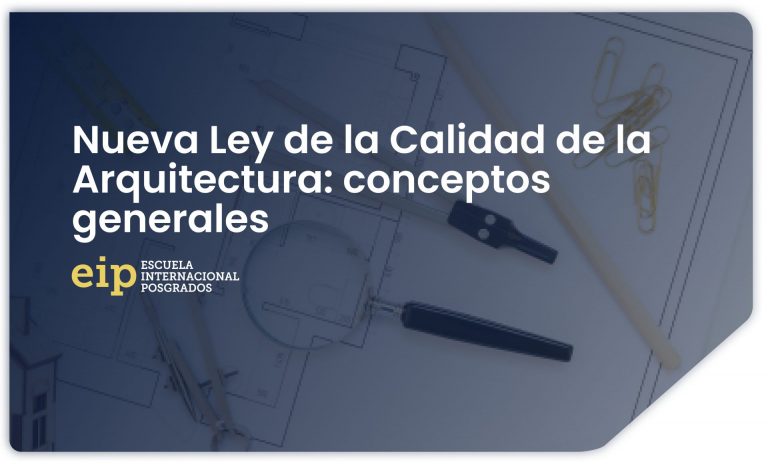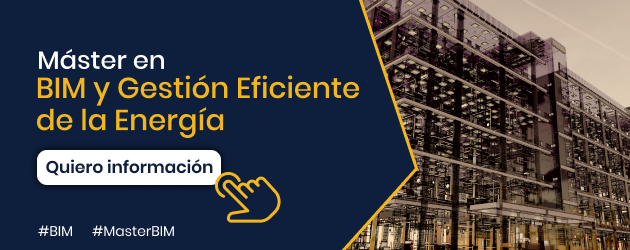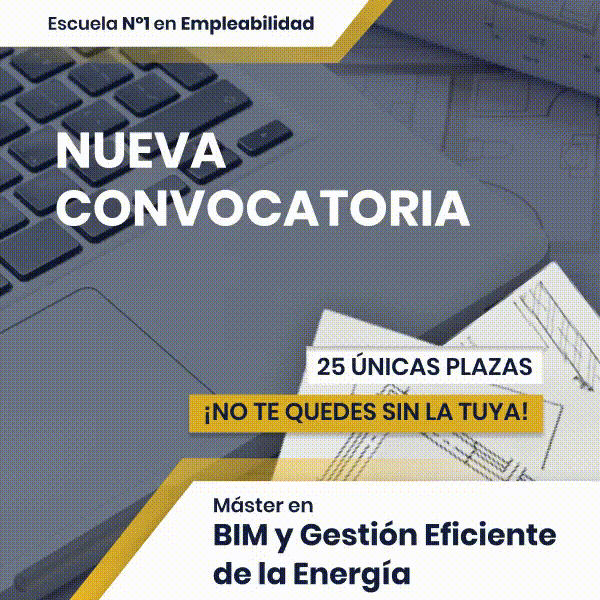The future standard takes as reference the French Architecture Law of 1977 and establishes the general interest of architecture to improve the quality of life of people.
The Law aims to be an instrument to alleviate the growing concern about the physical space in which we carry out our daily lives, inside and outside our homes. It has its influence on the following factors:
- Sustainability / Rehabilitation: International agreements such as the 2030 Agenda on the Sustainable Development Goals, the 2015 Paris Agreement, the recent European Green Deal or the Culture Work Plan 2019-2022 of the European Union influence the conception of the Quality Law. the architecture.
- This Law marks the trend to rehabilitate, recover and rebuild in the face of the recent history of new construction, that is, it pursues a more sustainable development of our society.
- COVID-19 pandemic: The Law aims to improve the physical environment that surrounds us, architecture and urban planning to ensure health, well-being and quality of life.
- Reactivation of areas in demographic decline: The aim is to improve the habitability of rural areas and enhance the socioeconomic fabric in these environments, through the improvement of infrastructure and equipment.

As stated in its articles, the law pursues the following objectives to respond to these factors that condition our development:
a) Protect, promote and promote the quality of architecture in accordance with its consideration as a good of general interest and in accordance with the principle established in article 4. (Adaptation to the use of the built, harmonious integration into the urban fabric, sustainable development, energy efficiency, principle of universal accessibility, etc.)
b) Value Spanish architecture and built heritage that has exceptional values and promote its dissemination and knowledge, inside and outside Spain.
c) Recognize the contribution of Spanish architecture to the consolidation of social, environmental, cultural and heritage values, as well as competitiveness and economic sustainability, promoting its dissemination and education and training in these areas, with special attention to primary and secondary education.
d) Achieve national and international objectives of decarbonization, climate neutrality, energy efficiency, renewable energies, the fight against energy poverty and the circular economy, as well as the reduction of other negative environmental impacts for general health and well-being.
e) Promote the vision of the life cycle in the analysis of the impact, both positive and negative, of architecture.
f) Increase the number of almost zero energy buildings, not only in the new building, but also through integrated approaches in the rehabilitation of the existing built stock.
g) Promote universal accessibility to the greatest extent possible.
h) Promote research, innovation, digitalization, industrialization and creativity, as well as promote knowledge of traditional and local methods, promoting a sustainable environment.
i) Promote, in the field of public procurement, the protection of the quality principle, using the Council on the Quality of Architecture stated in article 6 of this Law as a fundamental pedagogical tool.
j) Promote the participation and coordination of different professional disciplines in order to generate the greatest synergies and thereby improve the quality of architecture, respecting the professional powers of each discipline recognized in its specific legislation.
k) Promote the defense of contemporary architectural heritage when, due to their cultural or historical values, impact on the environment or their quality, they have been the subject of some type of national or international recognition.
l) Protect and promote the conservation of architectural complexes that constitute spaces of cultural and social interest.
Furthermore, with this law, efforts will be intensified to improve knowledge of Architecture and urban design, its promotion and greater awareness and training of promoters and citizens regarding urban and landscape architectural culture.
To this end, the future standard will include two new bodies to achieve its goals: the House of Architecture and the Architecture Quality Council. The first of them, among other purposes, will seek to bring the values of architecture closer to society; while the second will be established as a platform for the exchange of knowledge and participation, as well as for consultation and advice on matters related to the contents of this Law.
Ricardo Carballo is a teacher BIM Master and Efficient Energy Management at the EIP International Business School.




































